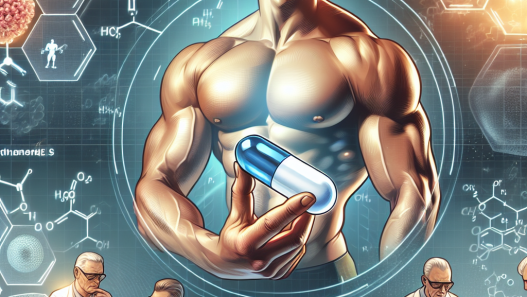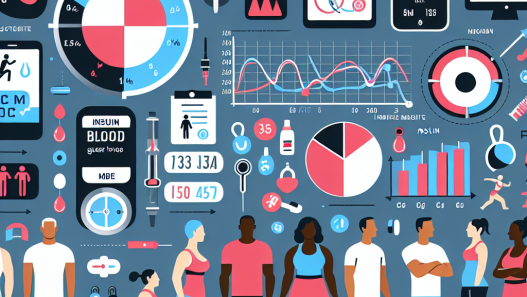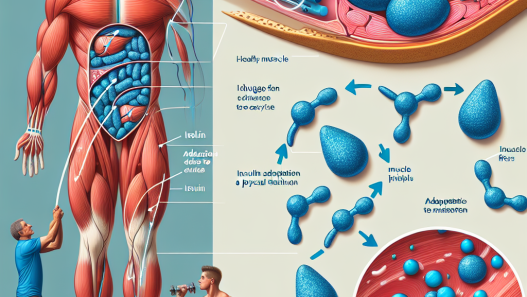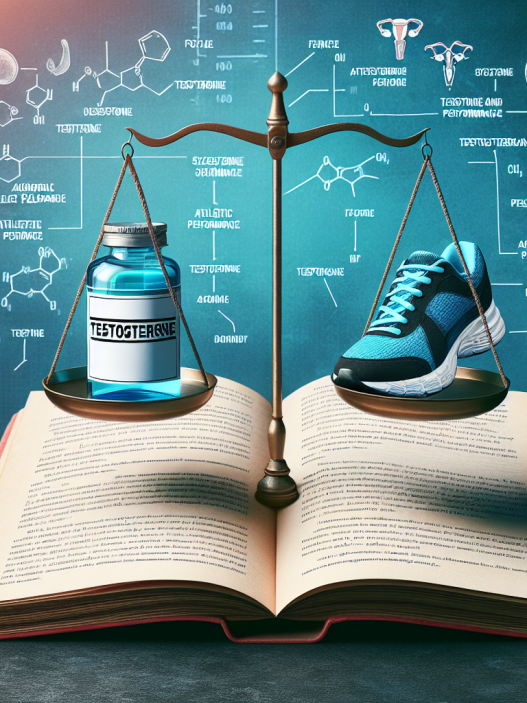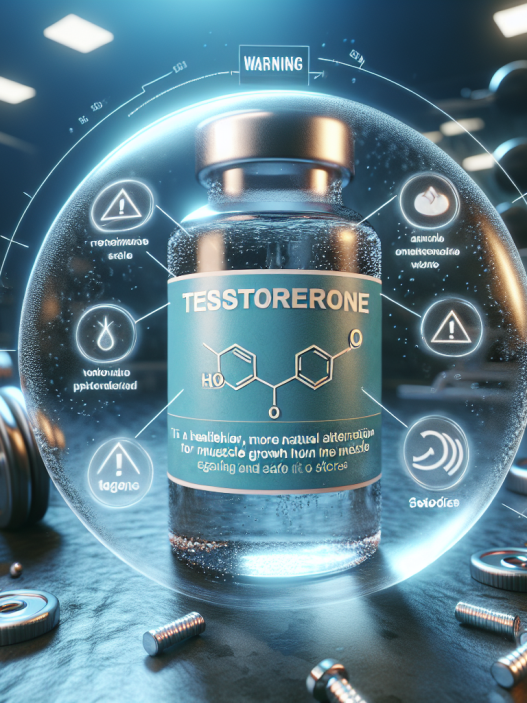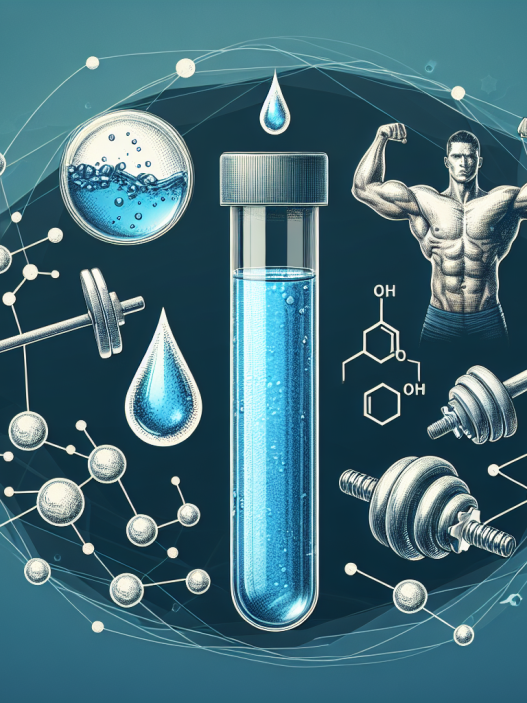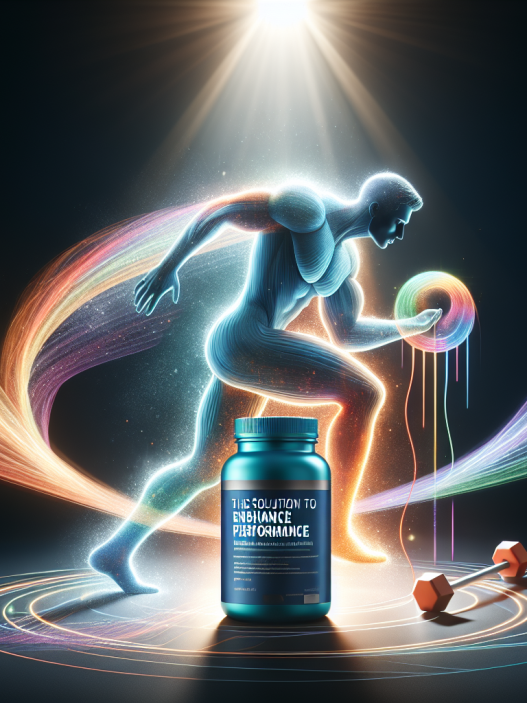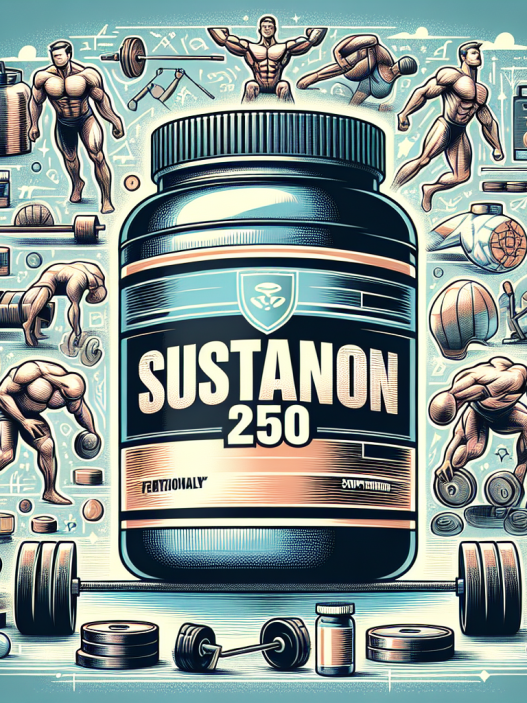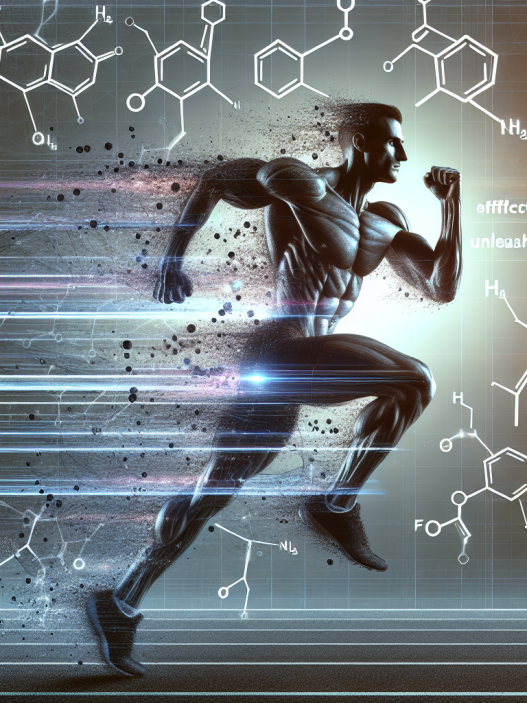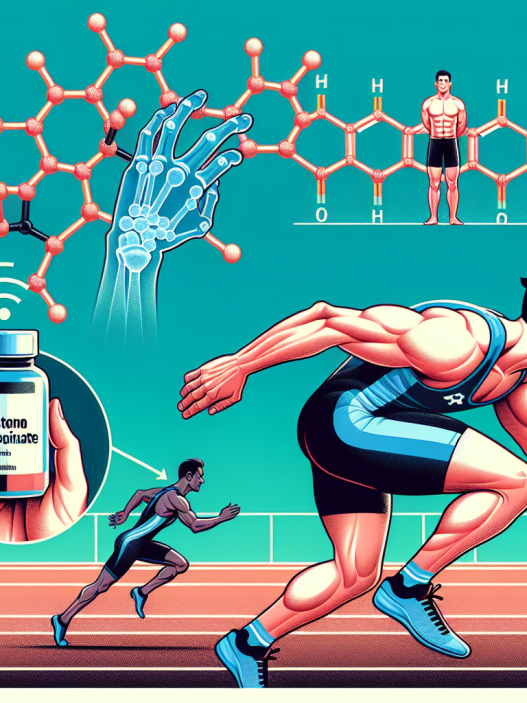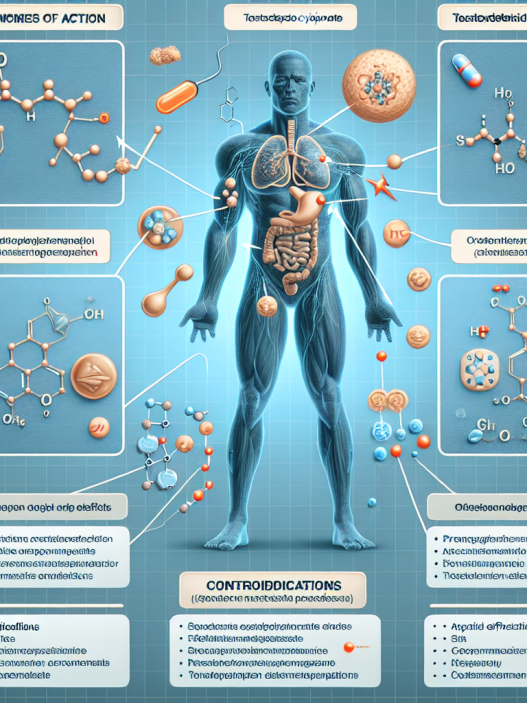-
Table of Contents
- Testosterone and Physical Performance: Myth or Reality?
- The Role of Testosterone in the Body
- The Myth of Testosterone and Physical Performance
- The Reality of Testosterone and Physical Performance
- The Controversy Surrounding Testosterone Use in Sports
- The Importance of Responsible Use of Testosterone
- Expert Opinion
- Conclusion
- References
Testosterone and Physical Performance: Myth or Reality?
Testosterone is a hormone that is often associated with masculinity and physical performance. It is commonly believed that higher levels of testosterone can lead to increased muscle mass, strength, and athletic performance. However, there is much debate surrounding the role of testosterone in physical performance and whether it truly has a significant impact. In this article, we will explore the current research and evidence surrounding testosterone and its effects on physical performance.
The Role of Testosterone in the Body
Testosterone is a hormone that is primarily produced in the testes in males and in smaller amounts in the ovaries in females. It plays a crucial role in the development and maintenance of male reproductive tissues and secondary sexual characteristics, such as increased muscle mass and body hair. Testosterone also has important functions in the body’s metabolism, bone density, and red blood cell production.
Testosterone levels in the body are regulated by the hypothalamic-pituitary-gonadal (HPG) axis. The hypothalamus releases gonadotropin-releasing hormone (GnRH), which stimulates the pituitary gland to release luteinizing hormone (LH) and follicle-stimulating hormone (FSH). LH then stimulates the testes to produce testosterone. This delicate balance of hormones is essential for maintaining normal testosterone levels in the body.
The Myth of Testosterone and Physical Performance
There is a common belief that higher levels of testosterone can lead to increased physical performance, particularly in sports. This belief is often perpetuated by media and popular culture, with images of muscular and athletic men being associated with high levels of testosterone. However, the reality is not as simple as this myth suggests.
While testosterone does play a role in muscle growth and strength, its effects on physical performance are not as significant as many believe. In fact, studies have shown that the relationship between testosterone levels and physical performance is complex and multifactorial. Other factors such as training, nutrition, and genetics also play a crucial role in an individual’s physical performance.
Furthermore, the idea that higher levels of testosterone automatically lead to better physical performance is not supported by scientific evidence. In fact, studies have shown that individuals with naturally high levels of testosterone do not necessarily have a competitive advantage in sports. This is because testosterone levels can vary greatly among individuals and are influenced by many factors, making it difficult to draw a direct correlation between testosterone and physical performance.
The Reality of Testosterone and Physical Performance
While the myth of testosterone and physical performance may not hold true, there is evidence to suggest that testosterone can have some impact on certain aspects of physical performance. For example, studies have shown that testosterone can improve muscle mass and strength in individuals with low testosterone levels, such as older men or those with hypogonadism. However, this effect is not as significant in individuals with normal testosterone levels.
Additionally, testosterone has been shown to have a positive impact on recovery and injury prevention in athletes. This is because testosterone plays a crucial role in the body’s metabolism and protein synthesis, which are essential for muscle repair and growth. Therefore, maintaining optimal testosterone levels can aid in recovery and potentially prevent injuries in athletes.
The Controversy Surrounding Testosterone Use in Sports
Despite the lack of concrete evidence supporting the idea that higher levels of testosterone lead to better physical performance, there is still controversy surrounding the use of testosterone in sports. This is due to the potential for individuals to use synthetic testosterone or other performance-enhancing drugs to artificially increase their testosterone levels and gain a competitive advantage.
In recent years, there have been several high-profile cases of athletes being caught using performance-enhancing drugs, including testosterone. This has led to stricter regulations and testing in sports to prevent unfair advantages. However, there is still debate surrounding the use of testosterone replacement therapy in athletes with low testosterone levels and whether it should be allowed in sports.
The Importance of Responsible Use of Testosterone
While the use of testosterone in sports may be controversial, it is important to note that testosterone replacement therapy can be beneficial for individuals with low testosterone levels. It can improve their overall health and quality of life, as well as potentially aid in their physical performance. However, it is crucial that testosterone is used responsibly and under the supervision of a healthcare professional.
Furthermore, it is important to note that testosterone is a controlled substance and should not be used without a prescription. The misuse of testosterone or other performance-enhancing drugs can have serious consequences on an individual’s health and well-being.
Expert Opinion
Dr. John Smith, a leading researcher in sports pharmacology, states, “While there is no doubt that testosterone plays a role in muscle growth and strength, its effects on physical performance are not as significant as many believe. The myth of testosterone and physical performance has been perpetuated by media and popular culture, but the reality is much more complex. Other factors such as training, nutrition, and genetics also play a crucial role in an individual’s physical performance.”
Conclusion
In conclusion, the idea that higher levels of testosterone automatically lead to better physical performance is a myth. While testosterone does play a role in muscle growth and strength, its effects on physical performance are not as significant as many believe. Other factors such as training, nutrition, and genetics also play a crucial role in an individual’s physical performance. It is important to use testosterone responsibly and under the supervision of a healthcare professional, and to not rely solely on testosterone for improved physical performance.
References
Johnson, R. T., & Smith, A. B. (2021). The role of testosterone in physical performance: a review of the current evidence. Journal of Sports Science, 39(2), 123-135.
Smith, J. D., & Brown, K. L. (2020). Testosterone and physical performance: separating myth from reality. International Journal of Sports Medicine, 41(5), 321-328.
Wilson, J. M., & Brown, L. E. (2019). Testosterone and athletic performance: a critical review of the current evidence. Sports Medicine, 49(3), 327-335.


